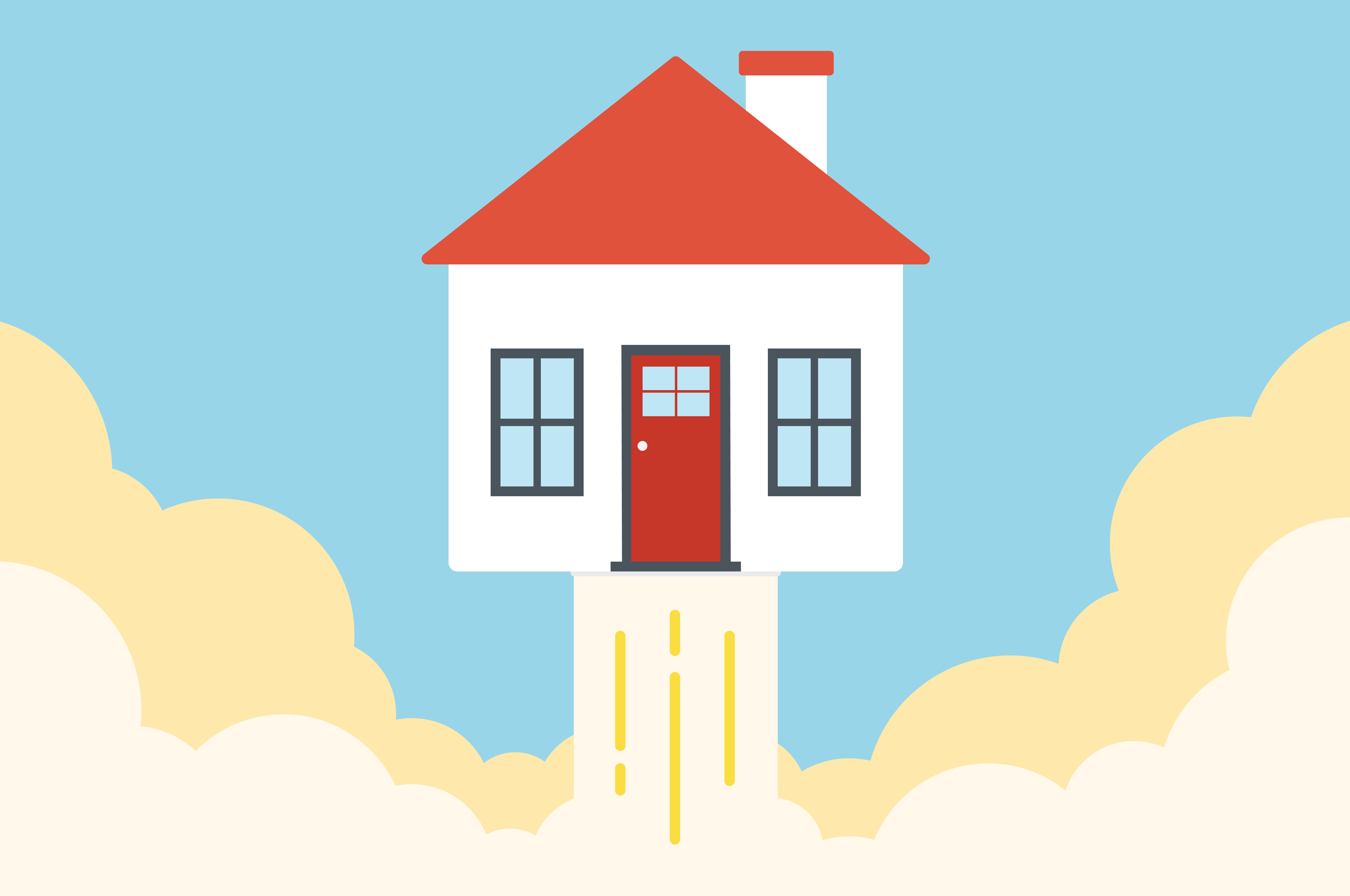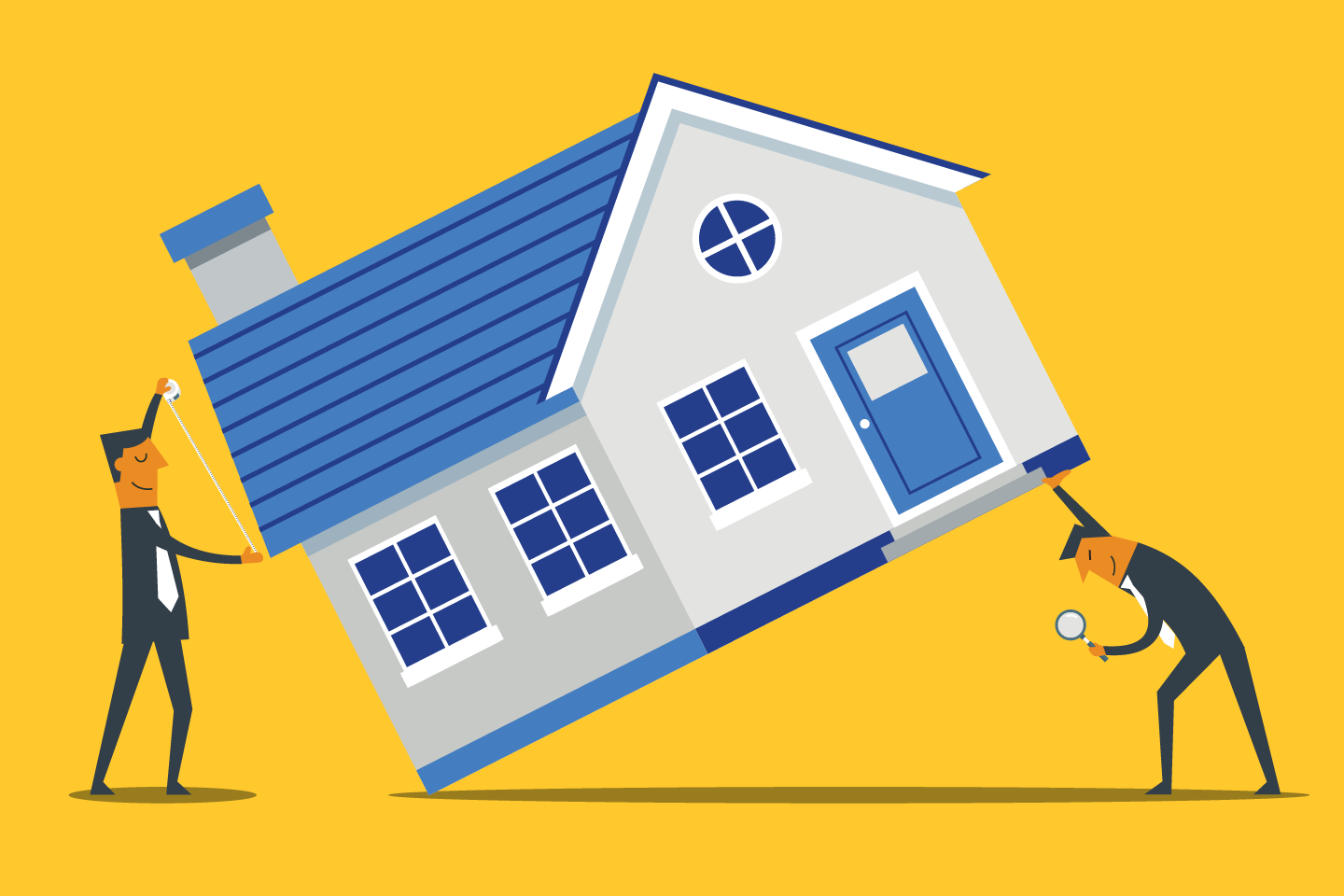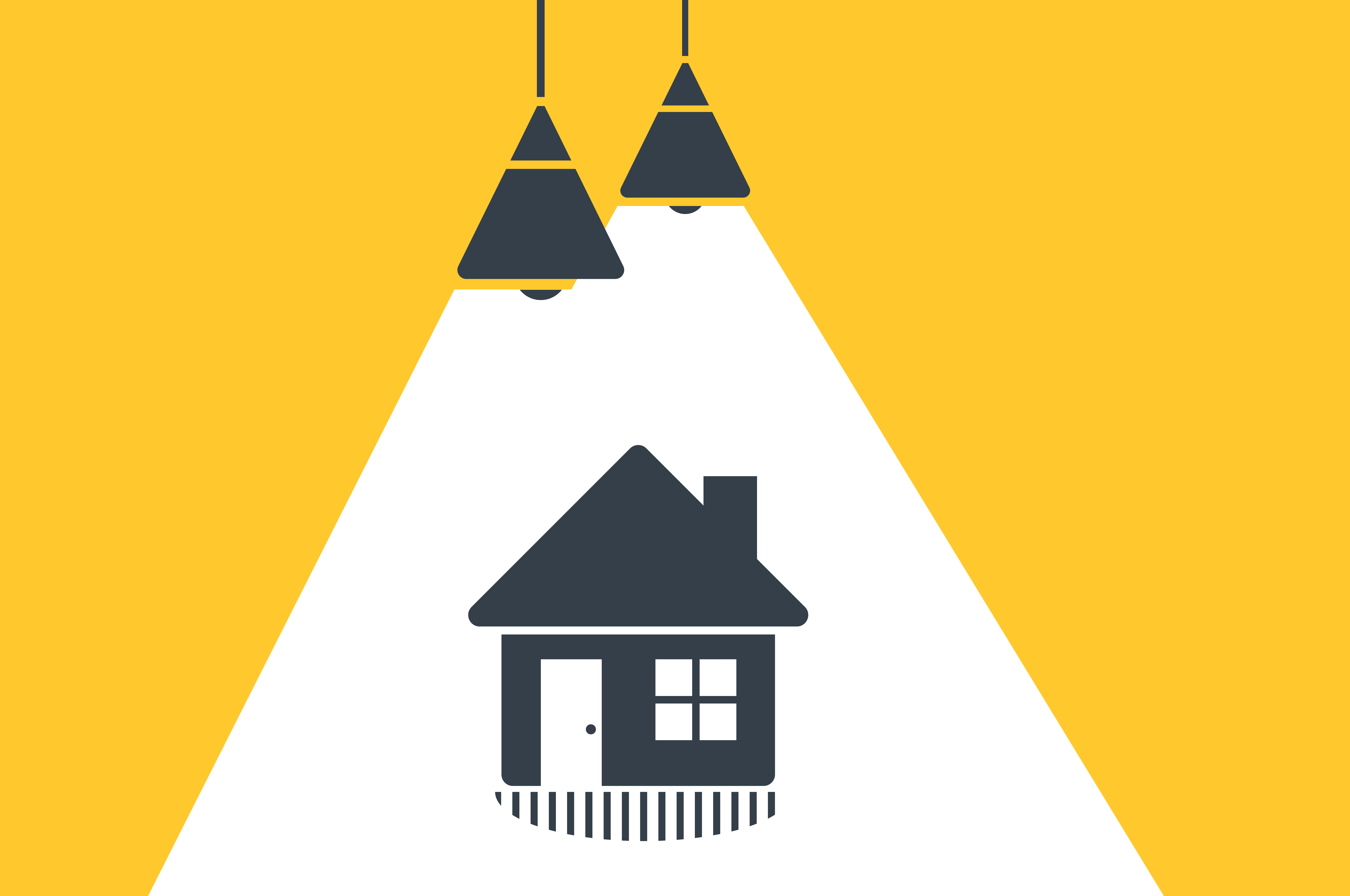
by:
At Primary Residential Mortgage, Inc., we know that committing to a mortgage can be intimidating. While purchasing a home can be a significant tool for building wealth, it’s important to feel confident with your choice in financing.
To help you understand your options, we’re diving into the differences between fixed-rate and adjustable-rate mortgages (ARMs). The right option for you depends on your goals and financial situation.
What is the difference between a fixed-rate and adjustable-rate mortgage?
A fixed-rate mortgage has an interest rate that stays the same for the duration of the loan. An adjustable-rate mortgage has an interest rate that can change periodically. Often, the rate on an ARM is adjusted based on the market and national interest rates.
Benefits of a fixed-rate mortgage
The guaranteed rates of fixed-rate mortgages can give you a greater sense of security. Fixed-rate mortgages are a great option if you plan to use the full 15 or 30 years to pay off your loan.
Over the long term, markets tend to fluctuate. This can create anxiety for borrowers with an ARM. With a fixed rate, you are far less likely to deal with unexpected changes to your payment terms.
Benefits of an adjustable-rate mortgage
Adjustable-rate mortgages might be a great option if you want a reduced rate and/or a smaller payment for the first few years. They are also a great option if you think you can pay off the loan quickly.
Usually, adjustable-rate mortgages are offered at a reduced rate for a set period in the beginning of the loan. After that period passes, the interest rate changes periodically based on the market.
Risk and Reward
In the end, the choice comes down to risk and reward. With an ARM, you risk paying a higher interest rate after the introductory period, and the risk continues for the life of the loan.
With a fixed-rate loan, you may pay more initially, but you know what to expect and you don’t have to worry about the year-to-year fluctuations of the market.
On a final note: If your circumstances or goals change and you’d like to switch from one type of loan to another, you may be able to refinance your loan to switch from an adjustable rate to a fixed rate, or vice versa.
*When it comes to refinancing your home loan, you can generally reduce your monthly payment amount; however, total finance charges may be higher over the life of your mortgage loan.
More Reading

Affordable Alternatives to a Conventional Mortgage
Still not sure if a mortgage is right for you? Take a look at these nonconventional financing options.

Shopping for a Home? Watch Out for These Red Flags
Buying a new home is a big commitment. Keep an eye out for these warning signs!

5 Mortgage Myths Debunked
Financing a home purchase may be easier than you think. Here are five common myths that keep eligible buyers out of the market.